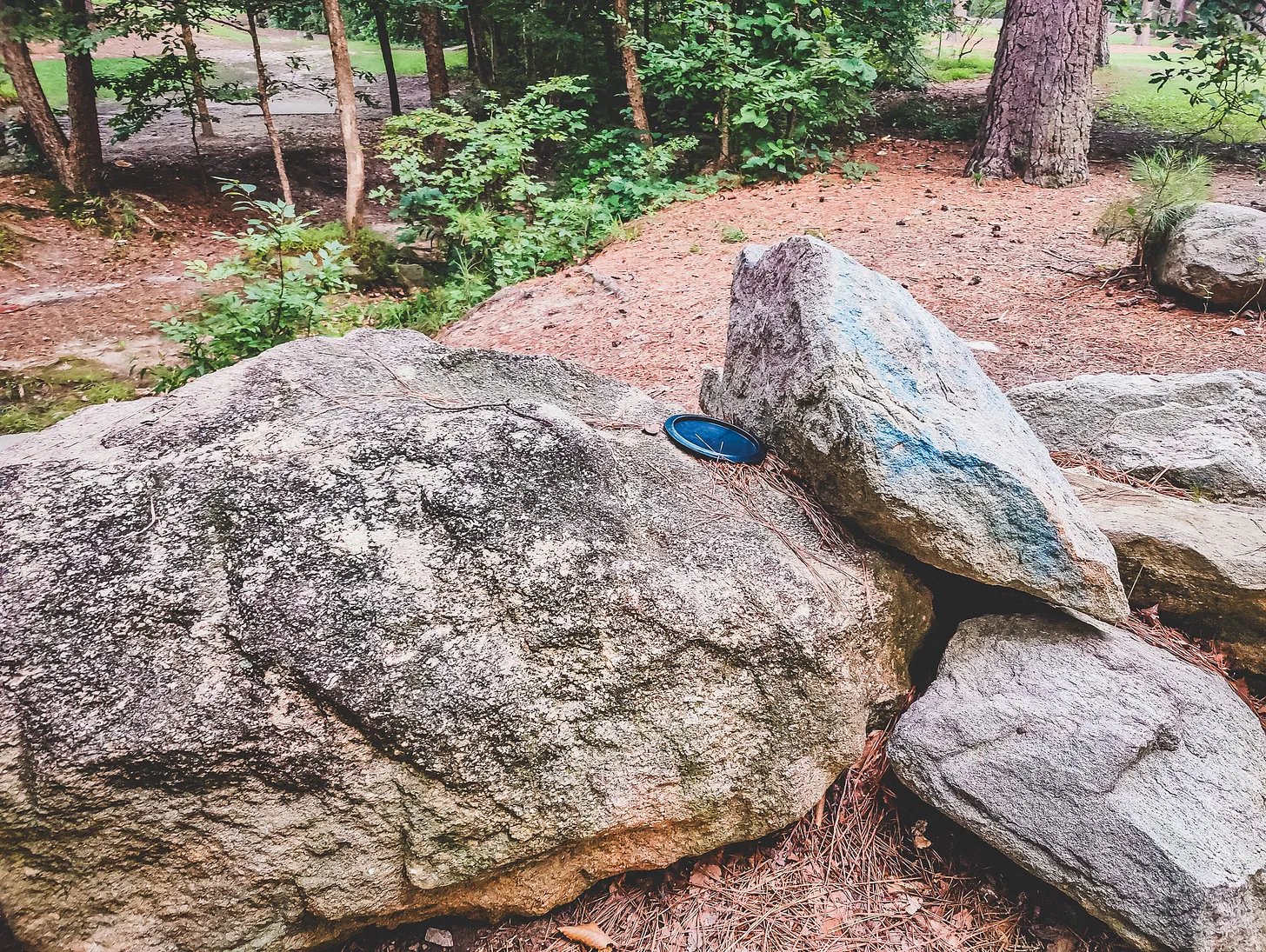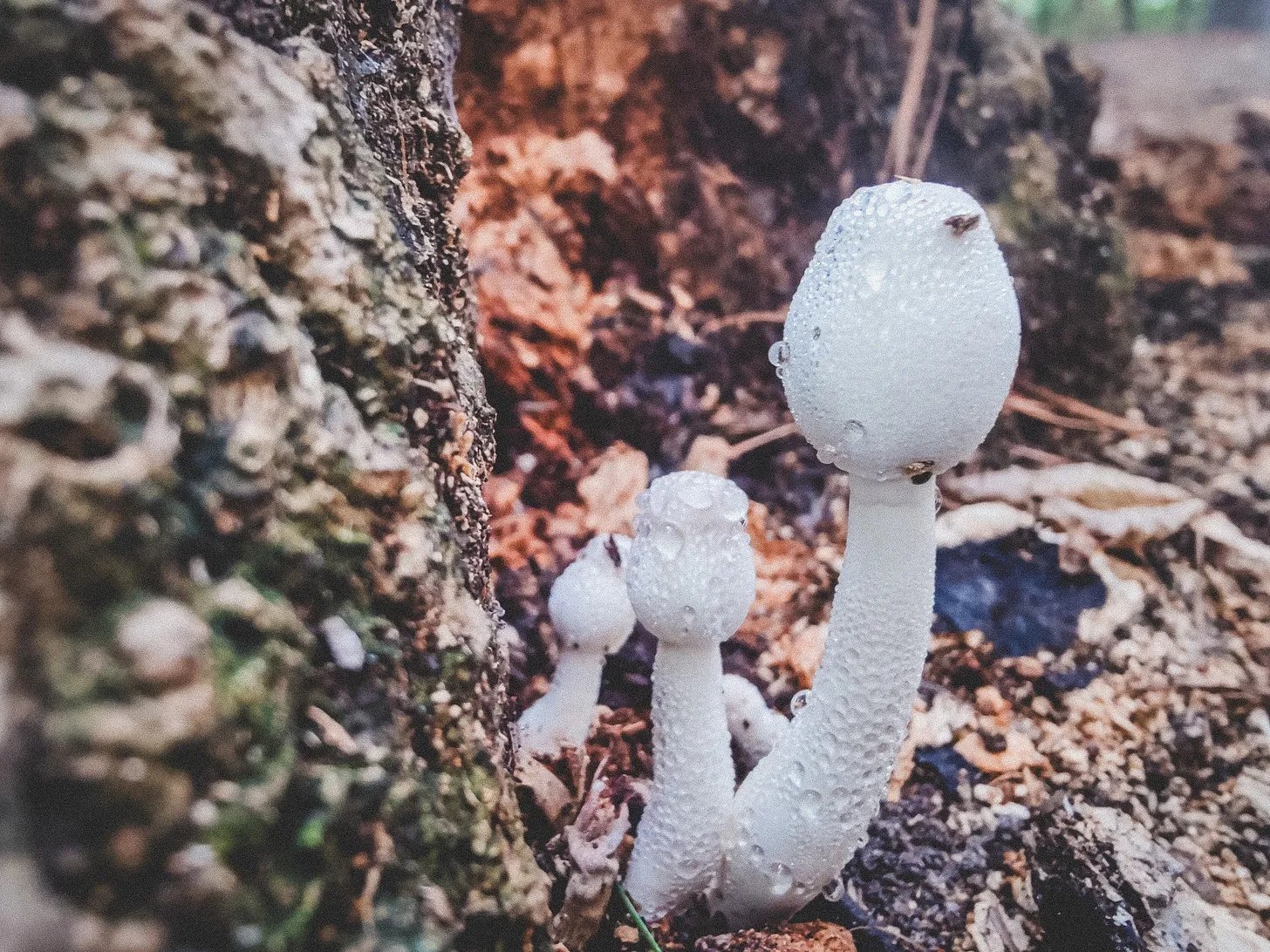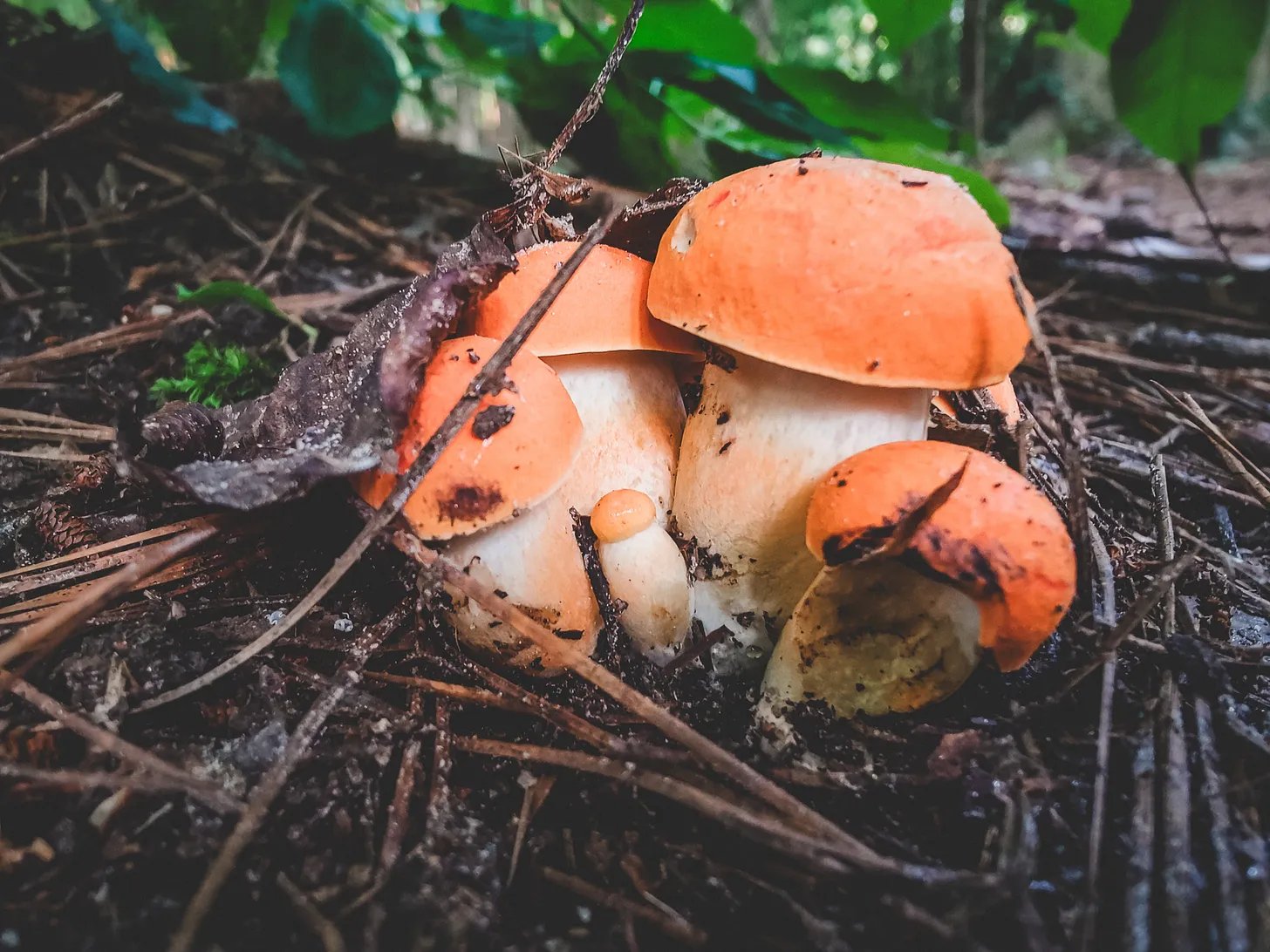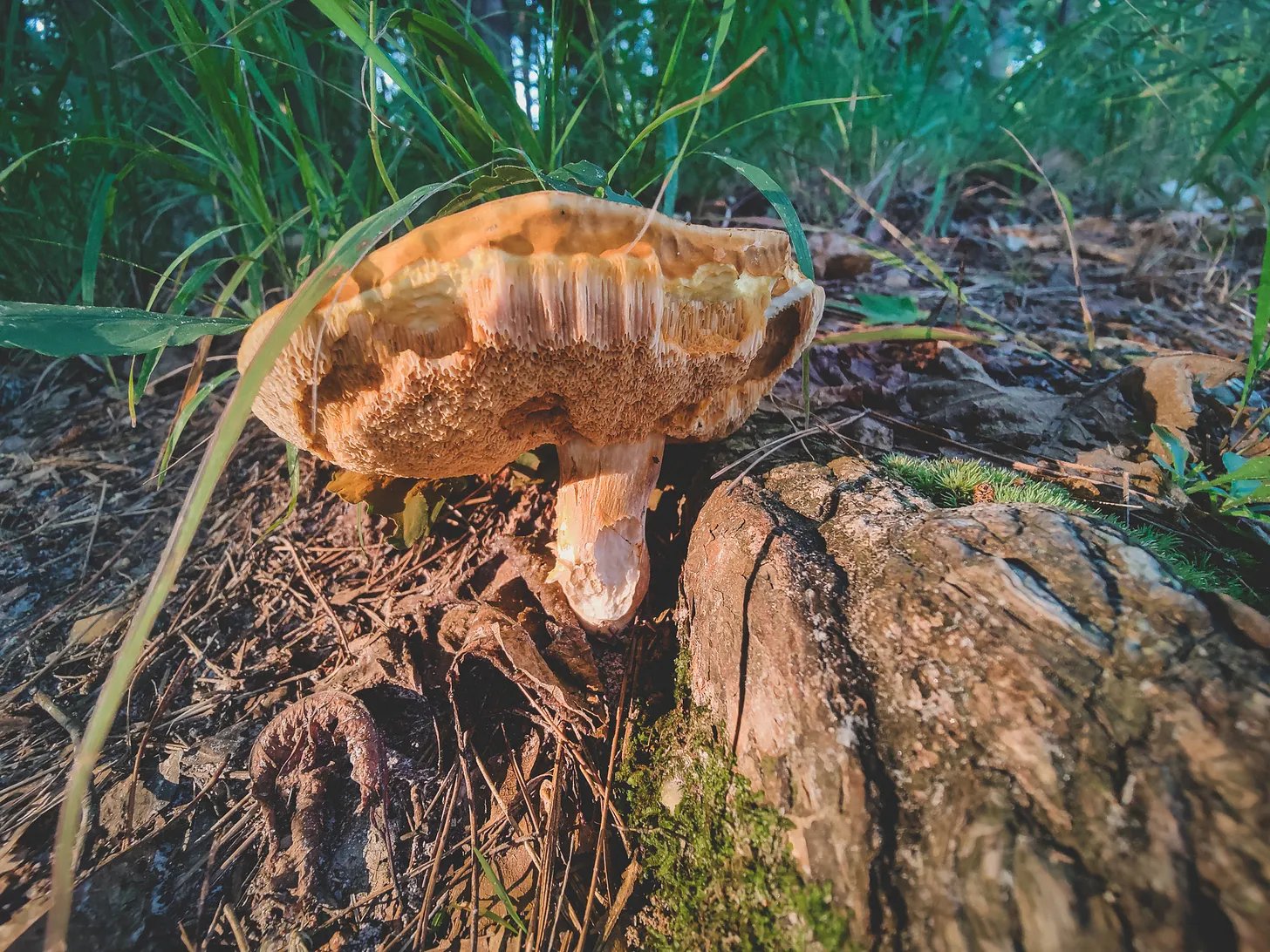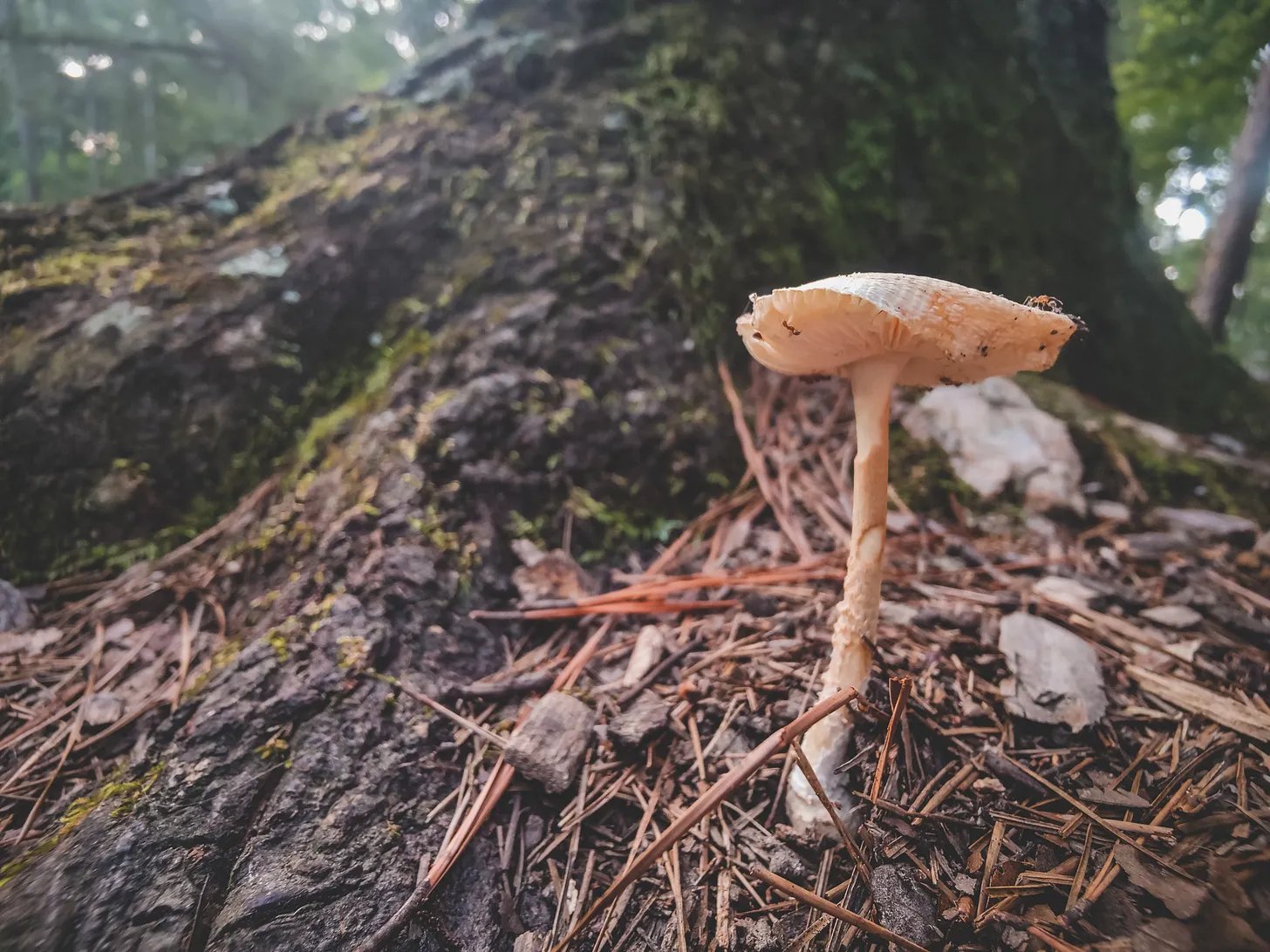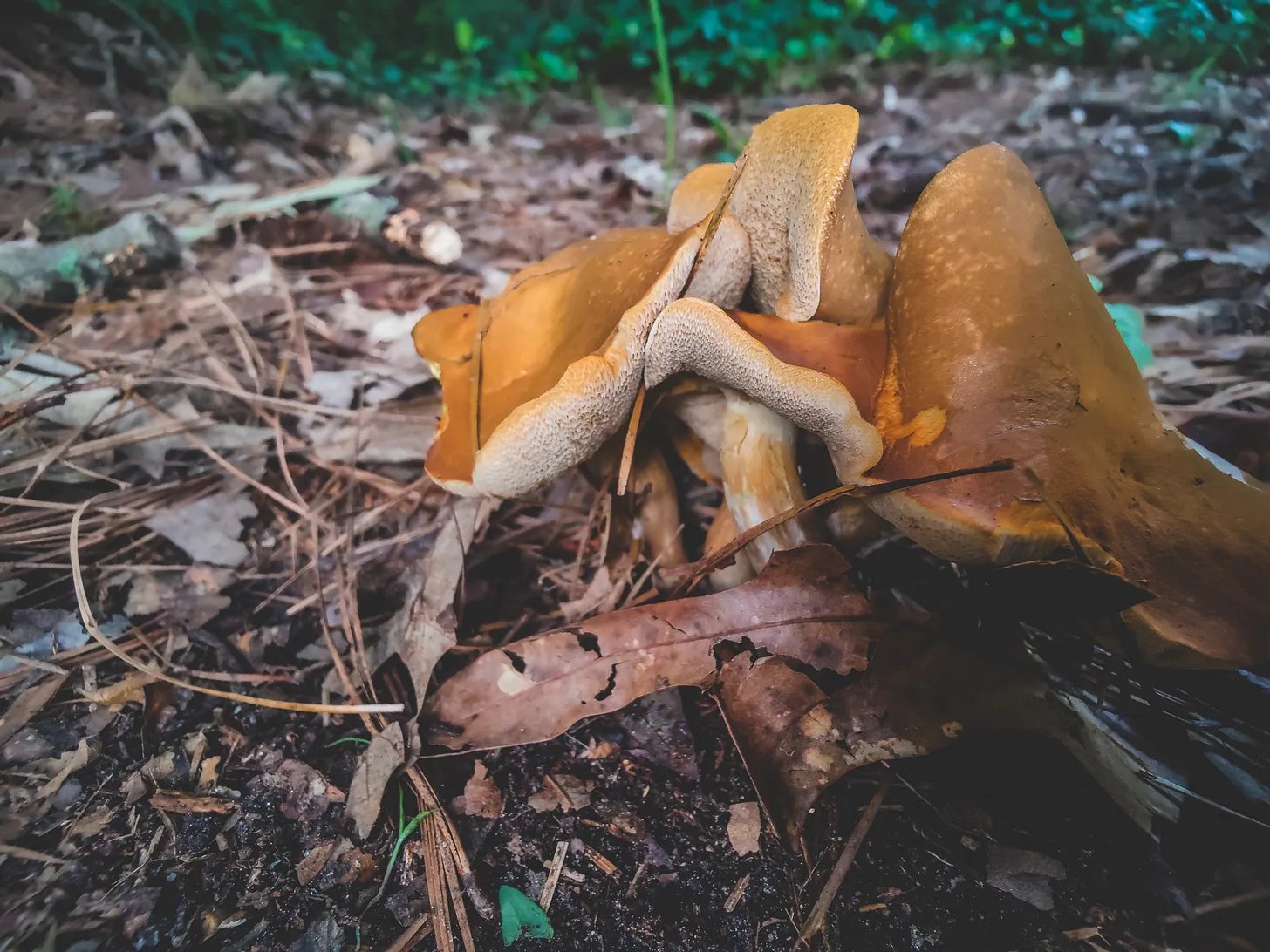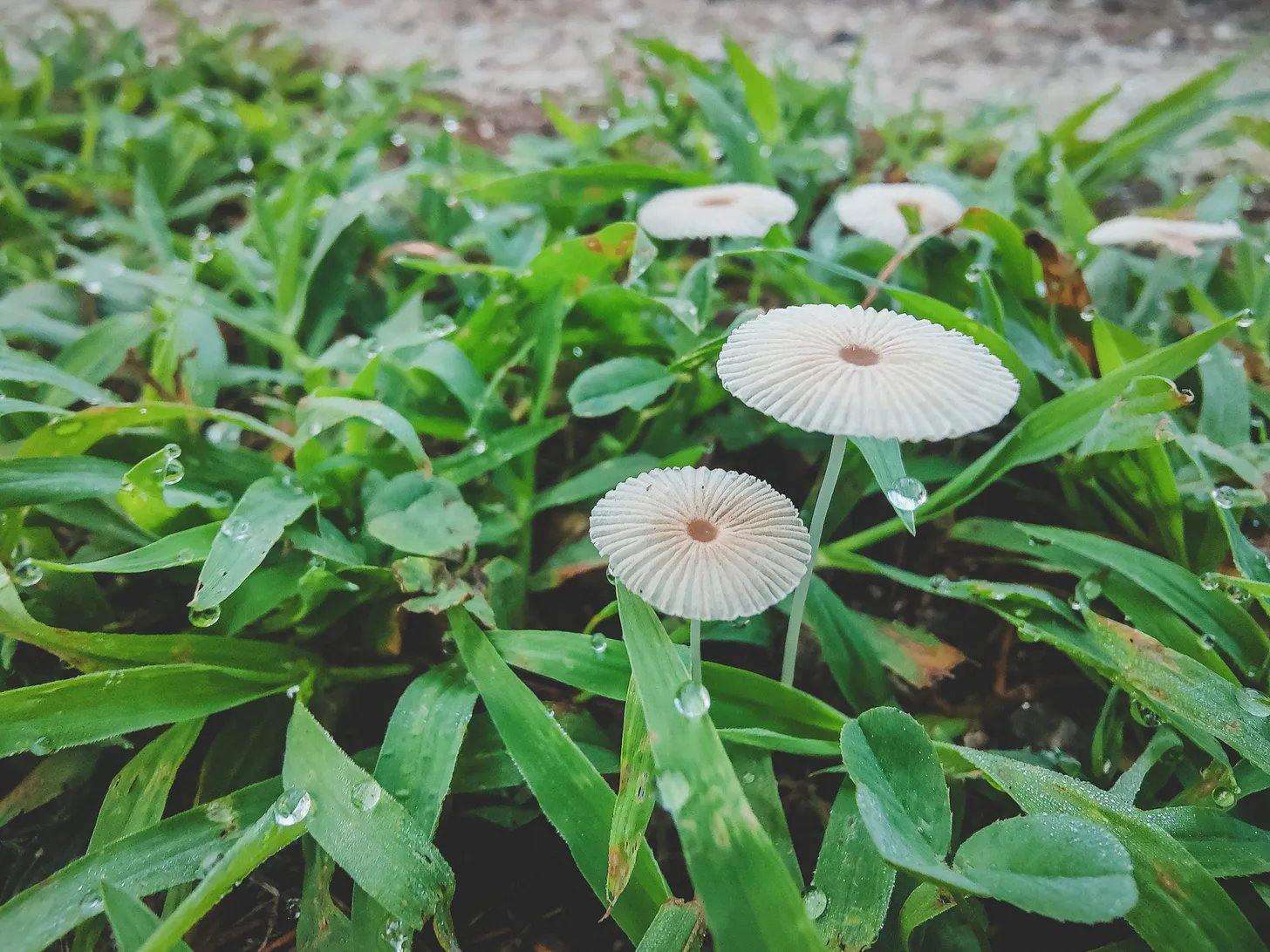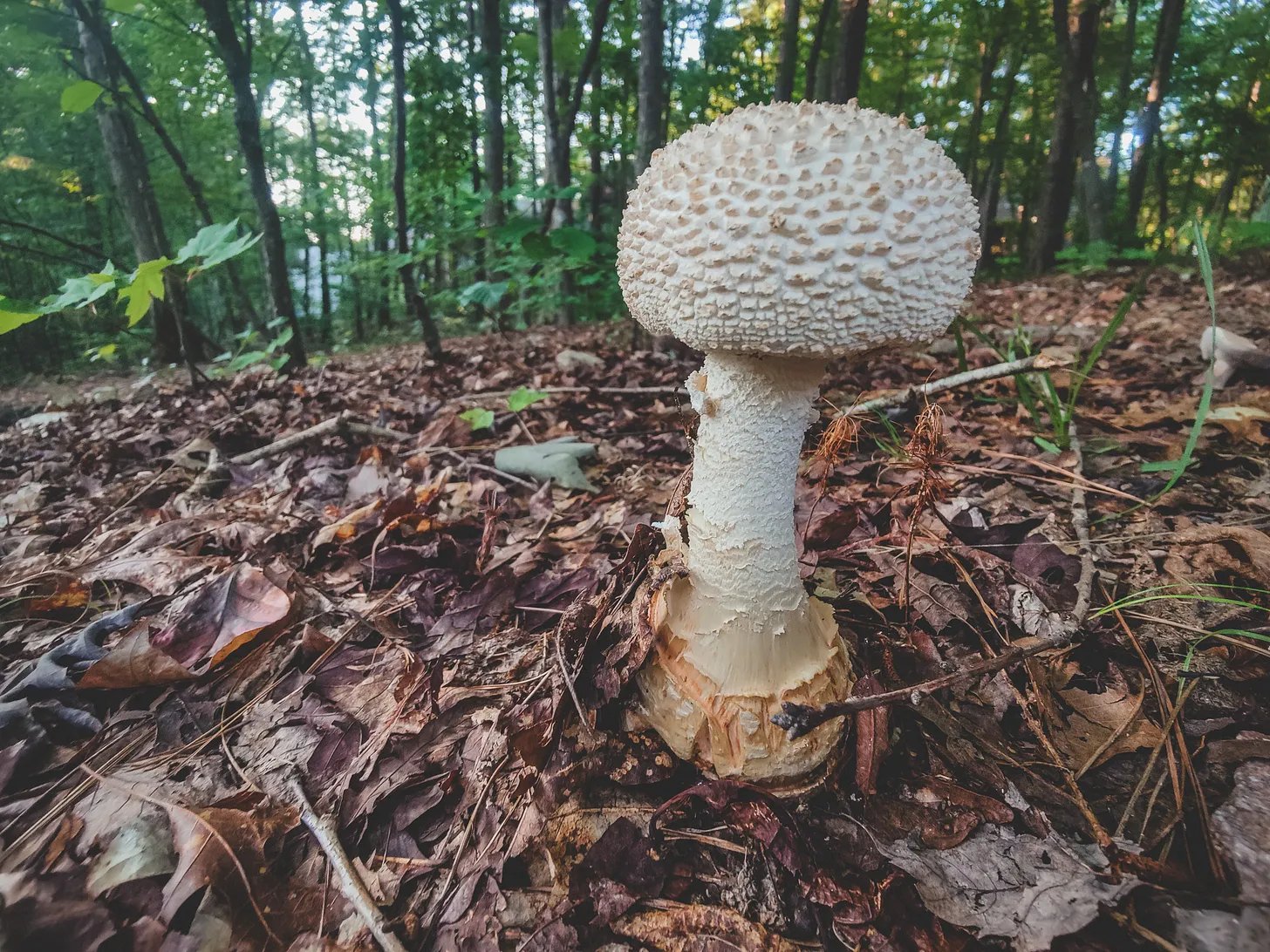My first hole-in-one
2024-08-01
I was on the second hole, after throwing a birdie—one under par—at the first. Feeling good, I chose one of my favorite discs and walked over to the cement tee pad, planning my throw. I step to the back of the tee, prepared.
I build momentum with two large steps. My right arm wraps towards my left, adjusting my hand’s grip on the disc. My left foot finds its place, grounding my body’s pivot, twisting and building power. Last step, my right foot points towards my target.
I throw.
It flies.
The disc glides through the air, avoiding countless branches. Then, it starts fading to the left, my throw’s natural flight path. In less than a minute, the disc landed.
It flew straight into the hole—without bounce, ricochet, or skip.
Audibly, to no one around, “Shit.”
Deceptive metric-driven storytelling
The disc’s graceful flight finished by flying straight into the gutter.
My first hole-in-one.
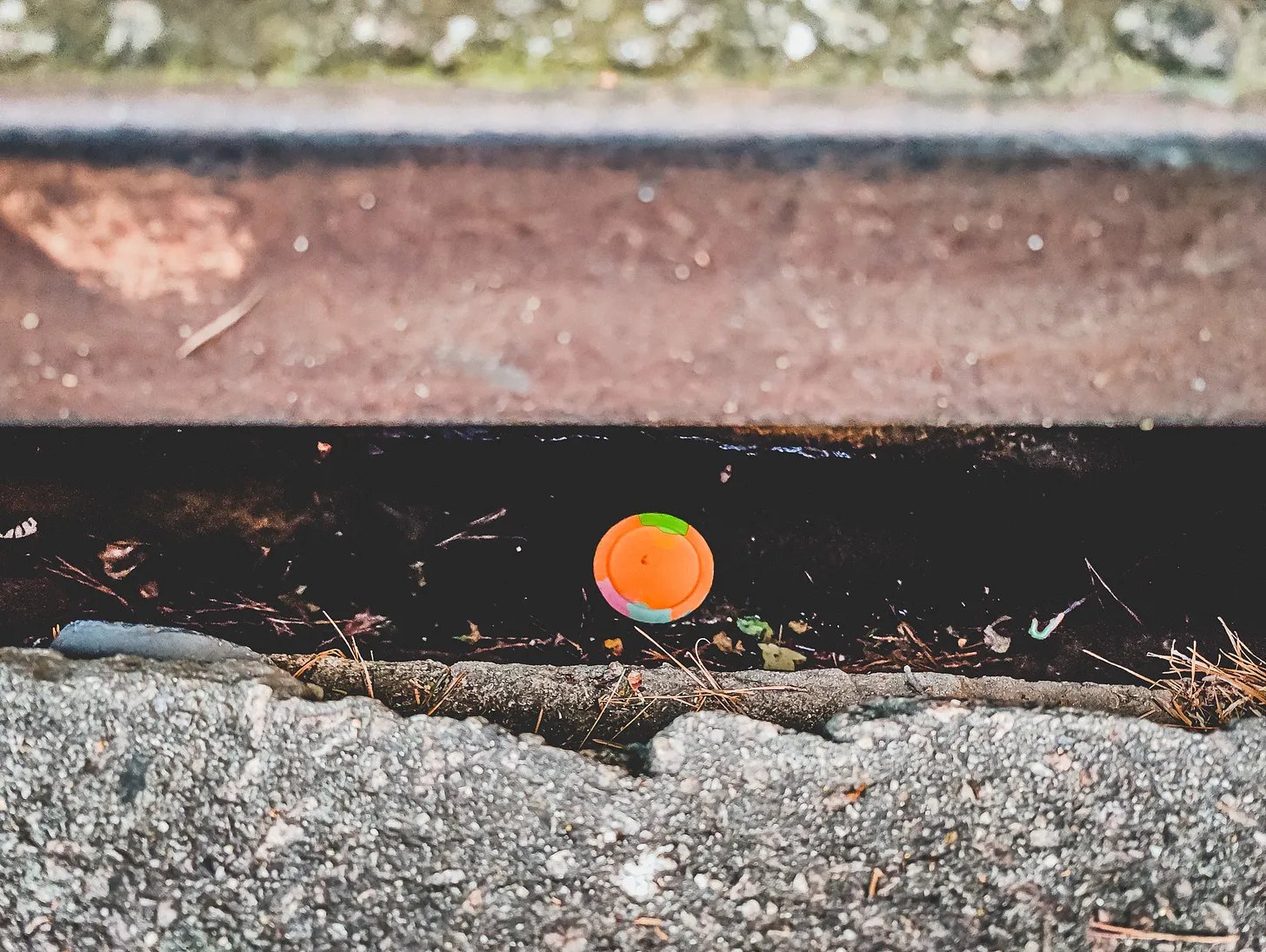
It’s been near a decade since I last lost a disc. The last time was at Amsterdam’s Sloterpark course becuase of a major water hazard. Over my time playing there, I contributed at least three discs to the lake’s growing collection.
This was the first I’ve lost to a gutter.
Losing discs is one of those fundamental aspects of the sport. It will happen, it’s only a matter of when. I was only just getting started with the round, so I had to shake it off, accept shit happens, and keep playing forward.
Getting out of my head
Like most sports and games, a large part of play is getting out of your head. If you’ve been distracted or defeated mentally, it’s much harder to do well because of the inner-approach to the thing you’re trying to do.
Hole #3 started out with another awkward first-throw landing. I started to believe this was just not my course anymore. The last time I had played, one of my favorite bracelets broke, scattering ocean-colored stone beads at Hole #1. Hole #2 just took one of my favorite discs.
This throw didn’t help any.
If I kept playing with the first three holes as mental-precedent, I knew the rest of the round wouldn’t end up great. So, as I played forward, I decided to distract myself with other favorite things: photography and mushrooms.
The incredible diversity of mushrooms
Growing up, the only mushrooms I knew were the small, white creminis sold at supermarkets. It was extra fancy when they started stocking shitake.
It wasn’t until I moved to Europe where my fascination matured.
Each Saturday morning, the street I lived on transformed into the Lindengracht Market—an outdoor farmer’s market filled with all sorts of seasonal fruits, vegetables, foodstuffs, knicknacks, and stalls selling food.
I quickly discovered breadth & variety of vegetables I’d never encountered before.
Every weekend, I’d wake up and do my grocery shopping for the week. I’d walk down the whole street once, looking at all the various produce and prices, then loop around and start making informed purchases.
After finishing the Lindenmarkt, I’d walk over to another square nearby and visit the organic market: the Nordermarkt.
It was here where I truly fell for mushrooms as a foodstuff.
There was one large stall that exclusively sold mushrooms. Barrels of variety—from fresh to dried; from foraged to farmed.
For years, I’d wake up, excited to discover & choose the mushroom of the week. This excited exploration was also driven by curiosity: I’d have to figure out how to cook this particular shroom. How does it taste? How is its texture differ from others? What sort of meal would this take part in?
Fun times.
Foraging for mushrooms in Catalunya
I had never gone mushroom-picking until I met my wife.
In Catalunya—a large part of Northern Spain that includes Barcelona region—it’s a traditional autumn practice of going muchroom hunting. After some good fall rains, her family would drive up into the mountains in search for freshly sprouting mushroom caps.
One autumn trip to visit her family, I was introduced and went foraging for the first time. We loaded up the car with baskets, packs, and bodies, and drove up into the mountains. After an hour driving on sharply winding mountain roads, her uncle pulled off to the side, declaring: we’re here!
Comparing mushroom hunting and disc golf
When I’m searching for something, if the object is the same or similar color to the the surface it’s laying on: I have a hard time. It’s a color and depth perception thing.
In disc golf, the first fundamental: you will lose discs. A second fundamental aspect of the sport: you will spend a lot of time searching for discs you’ve thrown. It’s one of the reasons discs are so brightly colored: to help find them.
I learned to play at one of the more difficult courses in Eastern North Carolina. A group of friends and I would go regularly—cheap, in the woods, fun, good for all levels of play. We spent many hours searching for discs.
What I enjoy and appreciate about disc golf and disc-golfers…they’ll help you search!
Astonishingly impactful fungi relationships
For the past two weeks, rain has been a constant. The near-daily deluge has brought more mushrooms to the area than I’ve seen sprouting in the past 2-ish years of living in the area. Even in a small, localized area, the diversity is energizing.
It’s not just the mushrooms themselves, but what they are and how they support life. They’re the ultimate convergence of life and decay. They’ve long been a source of human food, historically even an active ingredient fermenting wine, beer, and soy sauce.
They are the system trees use to communicate with each other. If one tree is sick, others around it will send over food, resources, and antibodies to help it get better.
It’s estimated that there are around 2.2 to 3.8 million mushroom species.1
Most are underground, in the earth, invisible to us above-world humans.
We’ve named around 120k, or 3–6%.
Three to six percent.
They are so very interesting.
Honesty is in the details
The connection between disc golf and mushrooms comes in this post’s title.
My first hole-in-one sounds great…and it truthfully was a hole-in-one. It’s the important detail that it went in the gutter that fundamentally changes the story.
Every photo throughout this post was taken this morning. As I enjoyed my shinrin-yoku,2 I tried to get out my head by oscillating between the Big Picture and the Tiny Details on the ground.
In data-driven storytelling, the hook is important; but through exploring & digging through details you can find truth and interesting new things in the process.
Like finding a mushroom-munchin’ turtle eating its breakfast, ready to pose for a portrait.
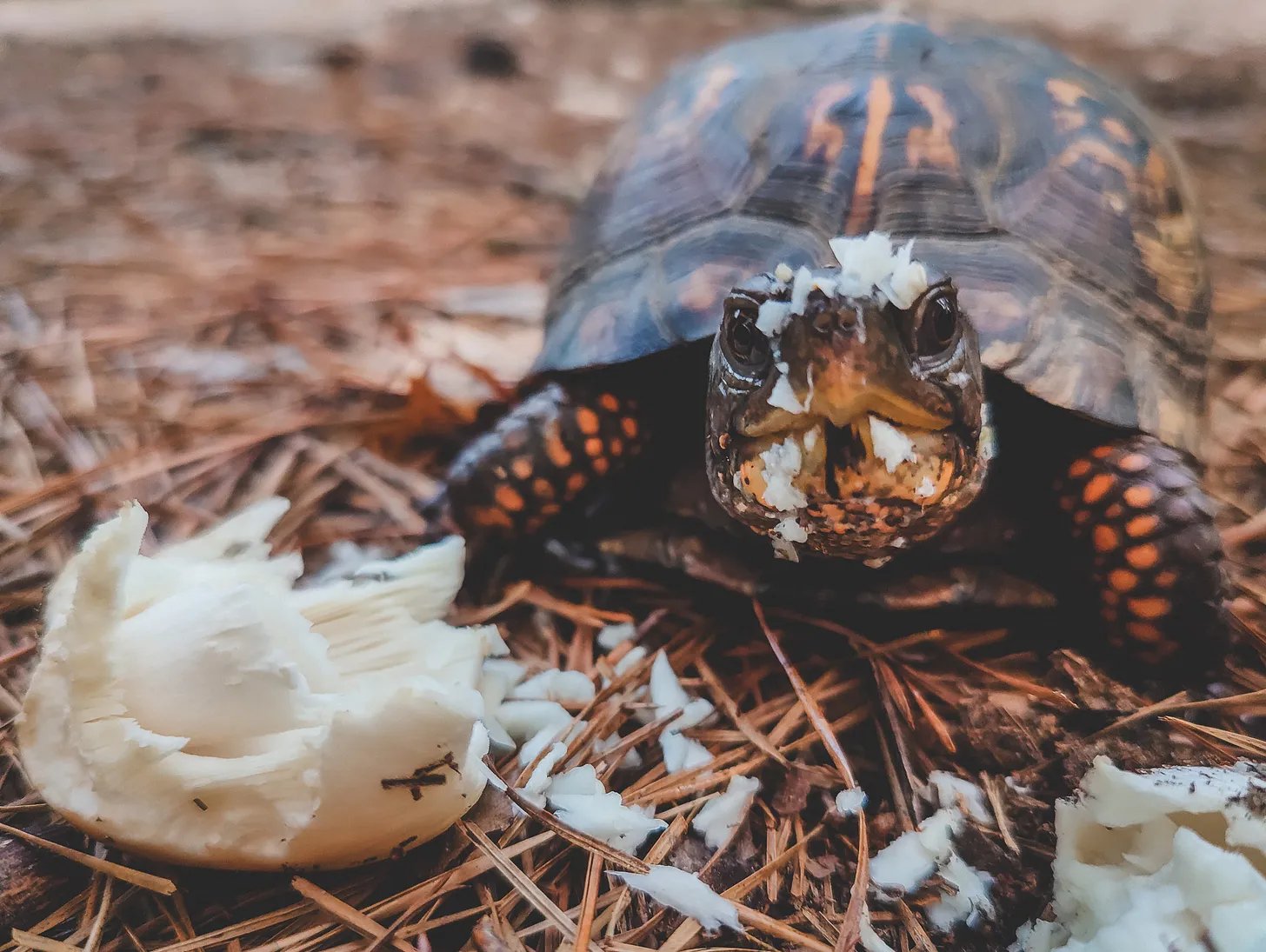
Hawksworth, D. L., & Lücking, R. (2017). Fungal diversity revisited: 2.2 to 3.8 million species. Microbiology Spectrum, 5(4). https://doi.org/10.1128/microbiolspec.funk-0052-2016
I defined shinrin-yoku, the Japanese word for the eco-therapeutic practice forest-bathing, in my post Tsundoku and the joy of gifted books
Don't miss what's next. Subscribe to Craft & Practice:
